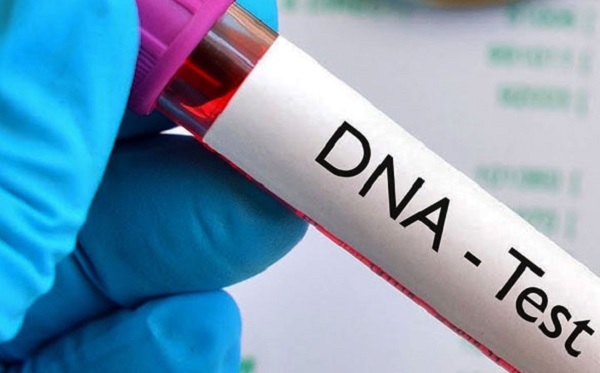
Kampala, Uganda | THE INDEPENDENT | The Ministry of Health (MOH) has launched new guidelines for paternity testing. The guidelines require laboratories across the country to among others apply for accreditation to be allowed to collect samples and also have staff that include a counselor or clinical psychologist on the team.
The guidelines which were released on Thursday during the National Laboratory Sector Performance Review Meeting also stipulate that technical staff employed by the labs should be trained specifically on DNA sample management and that their names and qualifications will have to be submitted to the ministry.
Dr Diana Atwine, the Permanent Secretary in the Ministry of Health said the guidelines come in handy to sanitize the practice considering concerns lately following a testing craze that has been seen to tear families apart.
She said as a result of the rise in demand for the service, they had started seeing some clinics advertising themselves as DNA test providers, something that has now been banned and those found promoting themselves will have their licenses automatically canceled.
Now, while previously, some individuals have been carrying out tests secretly, the new guidelines require a user to sign consent forms which will be provided by the Ministry of Health capturing key details of individuals involved.
Earlier, in July, Members of Parliament asked the government to regulate testing after several people started seeking the service following a revelation by the Ministry of Internal Affairs that demand for the service had increased by seventy percent.
Dr Suzan Nabadda Ndidde, the Executive Director of the Uganda National Health Laboratory Services said they also require laboratories that have been in operation, testing for DNA to seek international accreditation with five years of operation as generally, the country is moving towards having internationally acceptable results for all tests.
Apart from DNA, she says they are moving to have more laboratories internationally accredited. Already, she reveals laboratories with international accreditation have increased to seventy.
Nabadda notes that the country aims to be more self-reliant to cut down on the practice of having samples ferried abroad for more specialized testing.
Meanwhile, when it comes to transferring DNA samples abroad, the Ministry will now require the facility collecting the sample to have a valid material transfer agreement, which will be approved by the Director General of Health Services.
*****
URN
 The Independent Uganda: You get the Truth we Pay the Price
The Independent Uganda: You get the Truth we Pay the Price





